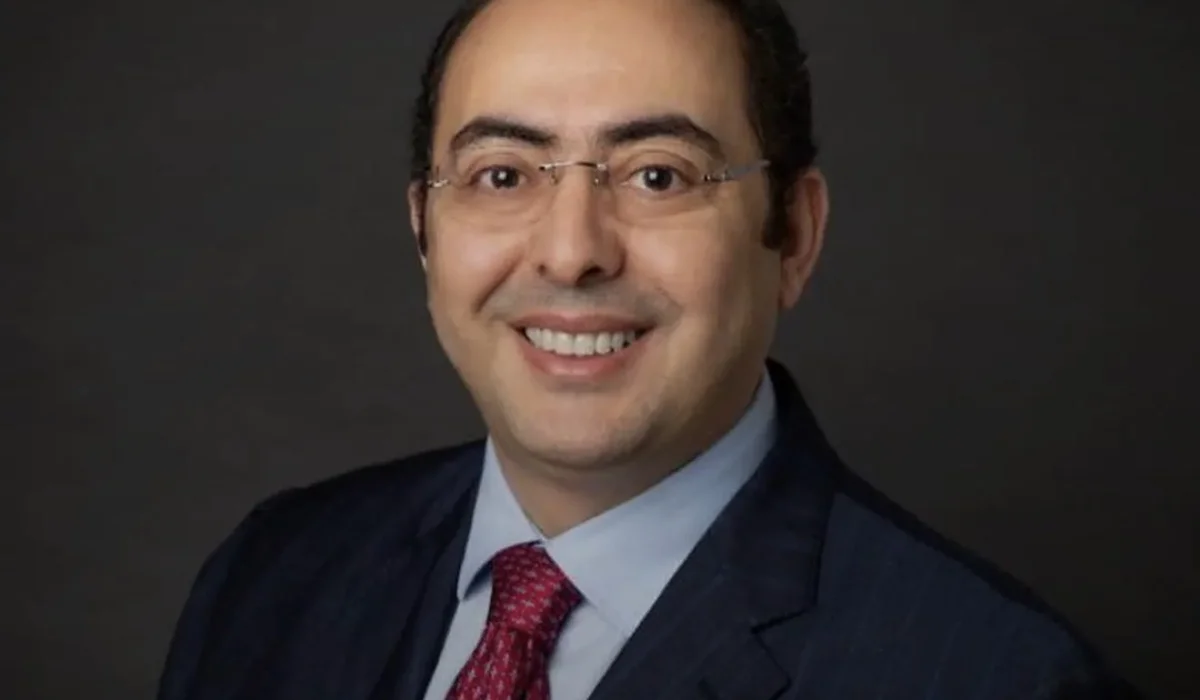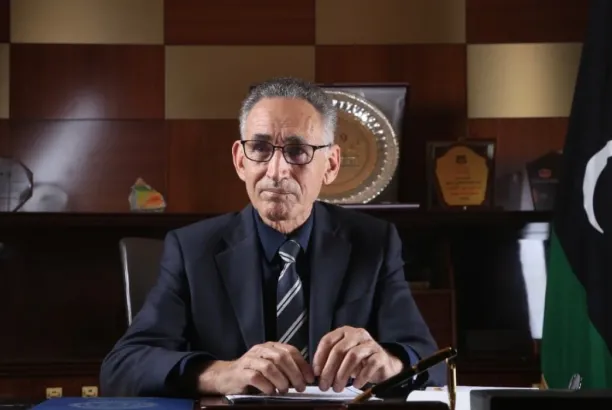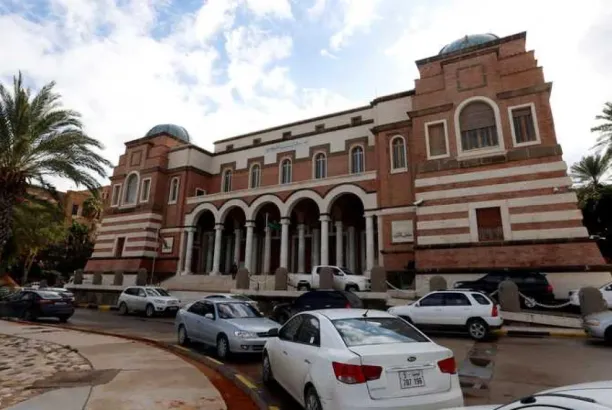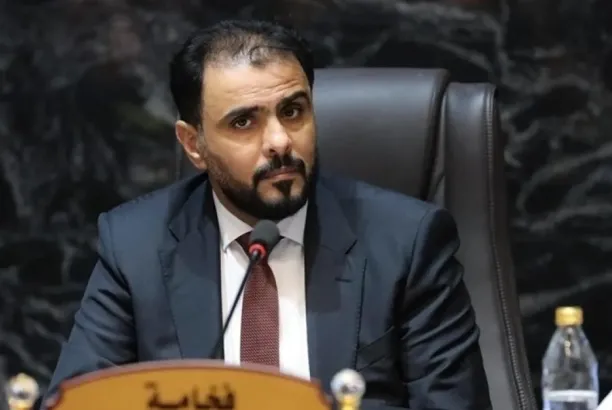
| News
Exclusive: With Figures and Analysis: Al-Shahoumi Reveals the Reasons Behind the Worsening of Check Speculation and the Absence of Electronic Alternatives
In an exclusive statement to our source, economic expert Dr. Suleiman Al-Shahoumi said that the current situation, which has deepened check speculation, must be studied carefully. He explained that withdrawing cash from circulation without providing effective electronic alternatives has inevitably widened the gap between cash and checks.
He continued: “The Central Bank of Libya must urgently replace old currency with newly printed notes in sufficient quantities, instead of leaving the market to suffer from a severe liquidity shortage for a long time, which further undermines confidence. Withdrawing more than 20 billion dinars from circulation requires broad cash injections into the market, along with gradually setting appropriate withdrawal limits to avoid speculation.”
Al-Shahoumi added that the Central Bank’s current measures demonstrate its inability to manage cash efficiently, further eroding trust in the banking system — even though the situation presented a valuable opportunity for the Central Bank to rebuild lost confidence if handled properly.
Gradual, Not Forced, Digital Transition
He stressed that electronic payment cannot be imposed by force without a strong infrastructure — such as adequate points of sale, reliable internet coverage, and a supportive social culture. Instead, incentives should be introduced to encourage the use of banking services: lowering transfer fees, supporting wholesalers to adopt electronic sales outlets with real-time monitoring, and eliminating fees on electronic payments (POS). A serious government project is needed to promote digital payments and create an enabling environment for them.
Restoring Trust
Al-Shahoumi said the “check burning” crisis reflects a deep lack of trust in the banking system.
He emphasized the need for transparency in the Central Bank’s data and clear explanations of monetary policies, as well as the inclusion of the public and banking experts in major decisions.
Strict but Smart Oversight
He added that automated monitoring of transfer and check accounts is necessary but should not restrict legitimate individual transactions. He pointed to examples from Lebanon, where excessive oversight amid low trust worsened the black market instead of curbing it.
Al-Shahoumi further noted that imposing a 2% fee on cash withdrawals during a liquidity crisis could be perceived as a punishment for citizens rather than a regulatory tool. In the absence of alternatives, many people would turn to the parallel market, fueling further speculation.
He cited Sudan’s experience, where imposing withdrawal fees worsened the liquidity crisis and increased dependence on cash outside the banking system.
Account Monitoring
He said that, in principle, monitoring account activity is a useful tool, but its effectiveness depends on robust banking technology (still weak in Libya), a clear legal framework for prosecuting speculators, and close cooperation with the private banking sector.
Restricting payments for services to checks in the service requester’s name could help regulate the market, but it requires social acceptance and public awareness campaigns. If implemented rigidly, it could instead become a pretext for refusing payments in government offices.
Conclusion
Al-Shahoumi concluded by stressing that weak electronic payment systems and inadequate infrastructure remain the biggest obstacles to any genuine monetary reform. Combating “check burning” cannot rely solely on administrative measures — it requires a comprehensive economic vision that includes:
- restoring citizens’ confidence in banks,
- ensuring the availability of cash when needed, and
- implementing a national policy supporting electronic payment of government services.





